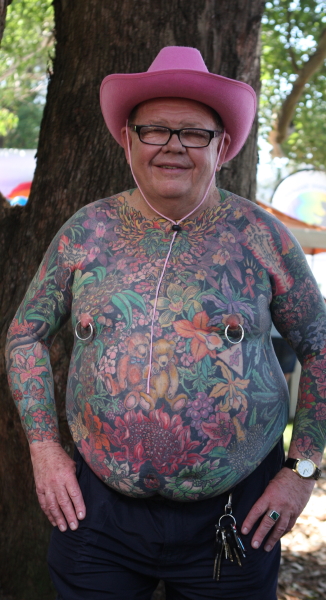Here’s something I love that I haven’t been able to squeeze into anything:
Lisa Carver, PhD, is an assistant professor in the School of Kinesiology & Health Studies, Queen’s University, Canada. Earlier this year she published the results of a study she constructed to determine people’s estimates of how old they feel. That is, as she called it, people’s “age inside”.
“Age inside,” she explained in her paper, published in The International Journal of Aging Research, “is a type of self-reported, subjective age, that is unconstrained by years lived or physical health.”

In other words, it’s the statistical establishment of the adage “you’re as young as you feel”.
Dr. Carver interviewed 66 Baby Boomers about their lives and health and, eventually, asked them how old they feel. The answer was, frankly, appalling — and maybe even terrifying to subsequent generations trying to get on with their lives. The majority of participants identified an age inside of 20 to 40 years less than their chronological age. There’s room for comedy in that, but with a serious twist.
Here’s a paragraph from my pitch:
True enough, as any teen who’s ever had their grandmother arrive poolside in high heels and a bikini knows. But there is a growing body of research indicating there are more serious implications to Boomers’ imagined eternal youth. While people who think young are healthier and generate more economic activity, doctors are discovering the young-at-heart prefer denial over engagement when conditions associated with old age pop up. Osteoporosis compliance, for example, is low because who wants to accept they’re old enough for Osteoporosis medicine?
I sent the pitch four different places without generating interest. I still think it’s a hell of fact to just leave unseen. You can have it if you want. I’ve got no use for it.
